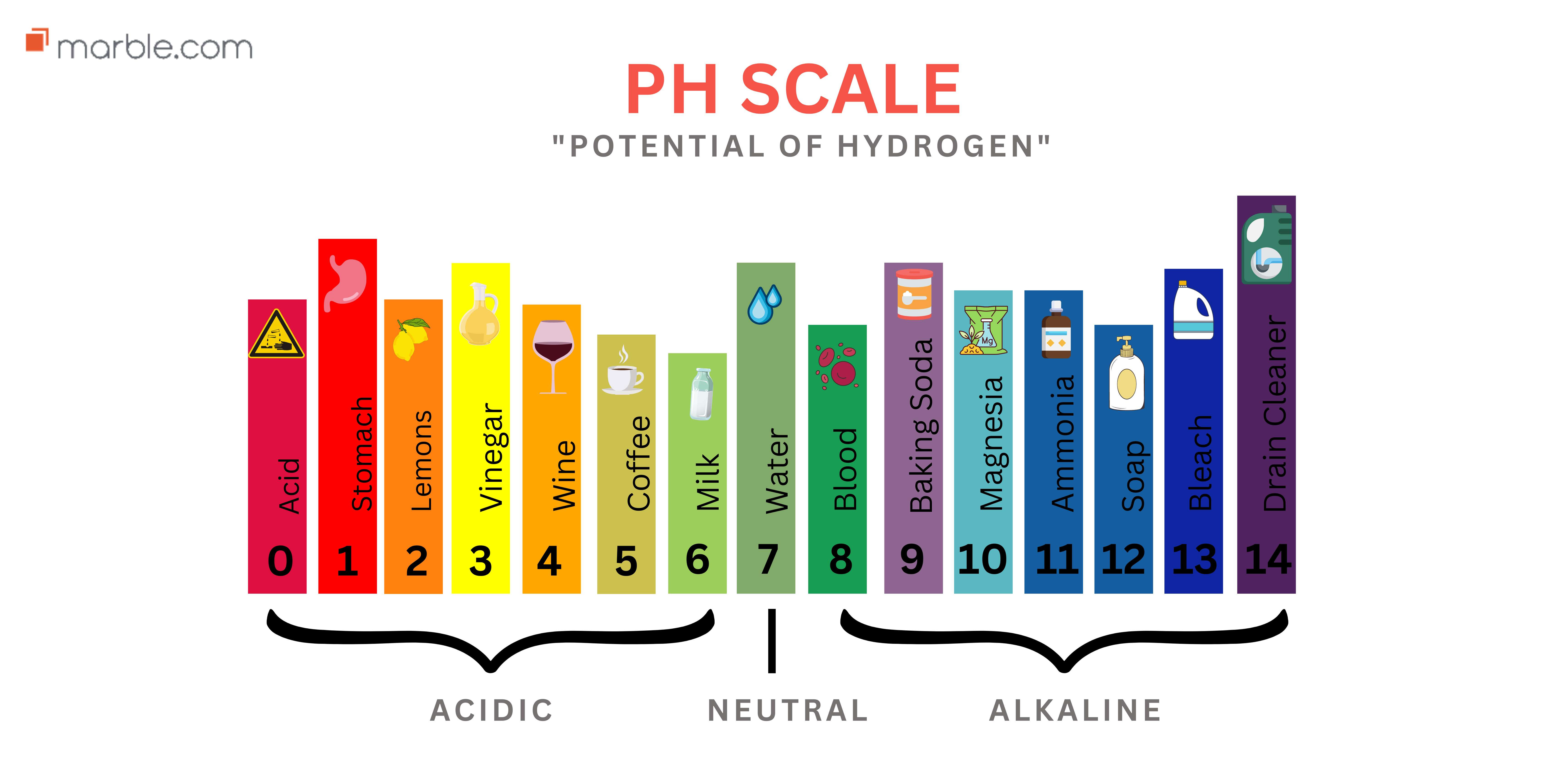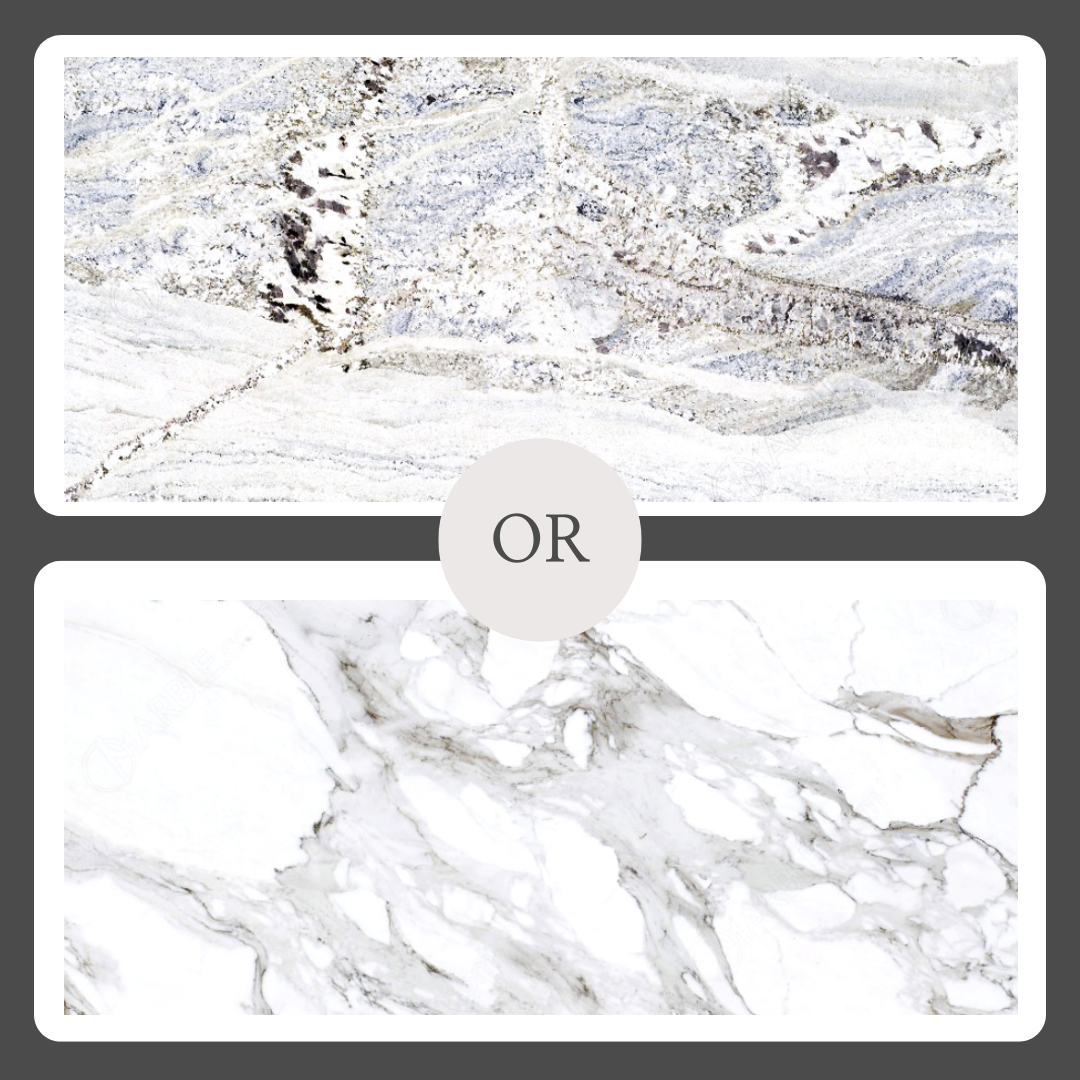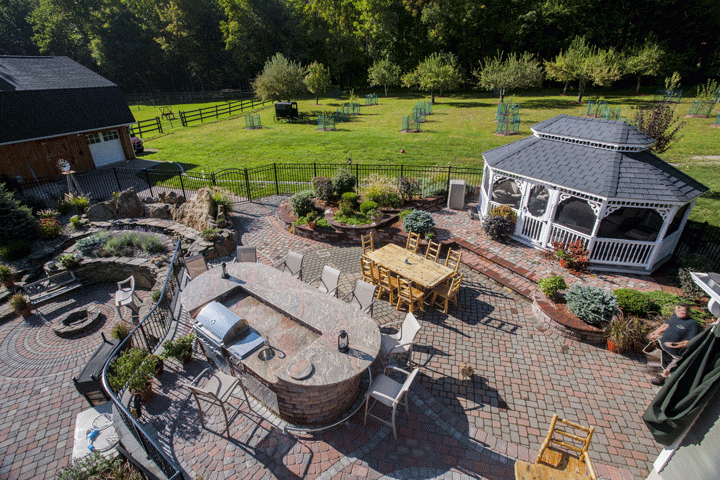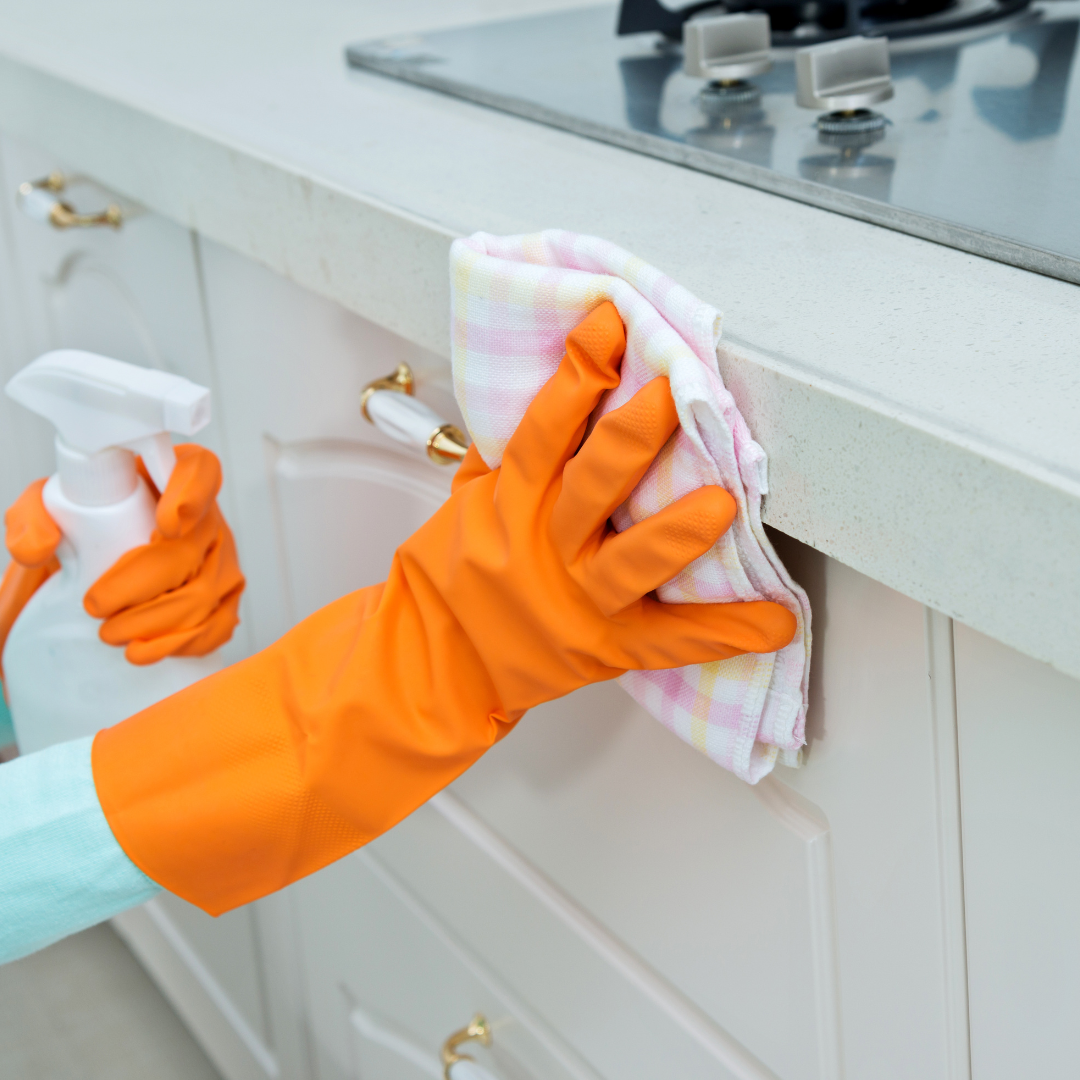Table of Contents

Quartz countertops are some of the nicest and most affordable alternatives to high-value stone for home remodeling. It is very easy to clean, looks amazing, and adds value to your home whenever you are considering reselling.
Although quartz does not need much maintenance, using incorrect cleaners or materials could damage it, leaving you with a bland or possibly damaged countertop. That is why we were going to discuss what makes quartz so easy to take care of, as well as what products not to use to keep it healthy for a long time.
Basics of Quartz Countertops
Quartz countertops are made from a combination of quartz stone and an adhesive resin. The stone is then dyed specific colors by quartz fabricators to create stunning visual patterns and designs. Quartz stone is one of the most abundant stones on Earth, and quarries mining for other stones like granite or marble often have leftover quartz to remove. That quartz debris is sent to fabricators where it is pressed into a quartz stone slab.
Due to quartz stone being processed and manufactured more, it has greater advantages than other stones. Quartz is very durable and resistant to most forms of damage, including heat, scratches, stains, and chipping. Fabricators utilize complex machines to create thousands of designs in the stone, meaning it is very possible to customize your slab with a specific look.
Quartz stone does not have pitting (small indents or cracks) like natural stone, making your quartz slab a solid, smooth surface. Having a non-porous surface makes messes simpler to clear away.
Combining all these elements together, it is easy to see why quartz countertops have become a popular choice for home remodeling.
[get_quote]
What Not to Use on Quartz
Quartz is very challenging to damage, but that does not mean it is impervious. Quartz countertops can still be damaged or discolored by using improper cleaning supplies or inappropriate cleaning techniques. To keep your quartz healthy, avoid using the following products.
Bleach
Bleach is a basic name for chemical products which are used to clean, remove colors or stains. The term bleach is used as a verb to remove the color in something or to sanitize. Taking that into consideration, using bleach on your quartz countertops can dull the finish or fade the colors on your slab. Chemicals in bleach are so potent that it can permanently discolor your stone if used.
Abrasive Scrubs
Abrasive scrubs are used to remove food residue latched onto your countertop or as a powerful aid to remove stains. Normally, abrasive scrubs are very good at removing stains and mineral deposits, but it can fade your quartz countertops over time.
When scrubbing with an abrasive scrub or brush, the hard bristles wear away the finish of the slab, steadily discoloring the stone and leaving your countertop looking faded.
High & Low pH Cleaners
Home cleaning products are often rated on the pH level it possesses. The term “pH” stands for “potential of hydrogen,” which measures the acidity or alkalinity in solutions.
A low pH level means the solution is acidic. Some acidic solutions are lemon juice, vinegar, and vitamin c.
A high pH level means the solution is alkaline. Some alkaline solutions are baking soda, oven cleaners, drain cleaners, and toothpaste.
When a solution has a balanced range of acidity and alkalinity, it is called a base or pH neutral. Many quartz and stone fabricators sell pH neutral stone cleaners for their products.
Using acidic or alkaline solutions can damage your quartz countertop by discoloring the stone, dulling the finish, or compromising the chemicals in the resin to weaken the stone.

Ammonia
Ammonia is a chemical solution which should only be used as a last resort for cleaning. Ammonia has a high pH level and can be very dangerous to use as it is colorless and may cause irritation or burns if handled improperly.
Ammonia should never be used on quartz countertops because it is incredibly acidic and can weaken the chemicals in the resin. When performed often, it will chemically damage your quartz and possibly cause it to crack or break.
Sharp Objects
As mentioned before, quartz is very resistant to scratches, but that does not make it scratch proof. Quartz is strong enough to handle an accidental scratch when cutting food or if a knife is dropped by accident. In most cases, quartz slabs are stronger than kitchen cutlery that the knives would dull before they damage the quartz.
However, repeated use of cutting directly on the quartz will weaken the slab where it scratches and cuts will show. Scratches will appear faster as well if you are cutting directly on the surface of your quartz, which most quartz fabricators warn customers to avoid doing.
Hot Objects
It may happen where a hot plate or hot pan will sit directly on your quartz countertop just to take it off the stove. When left to sit for too long, it can cause a burn ring to form. With proper cleaning, these burn stains can be removed easily, but the best technique to avoid these stains is to not place hot metals directly on your countertop surface.
In a more severe circumstance, placing hot metals on a cold quartz countertop during the winter can cause thermal shock. Thermal shock is the process when an object suddenly experiences a change in thermal stress. When this happens, the object's structural composition is compromised, which can lead to cracks or breaking. For example, if you pour hot water on a frozen windshield, the windshield glass will shatter due to thermal shock since the glass cannot handle the sudden temperature change. Quartz has a high tolerance for heat, but thermal shock can still cause your countertop to break if the change is severe enough.
Heavy Object Handling
Quartz is strong enough to handle most normal everyday usage like cooking, cleaning, steam, plastic objects being placed on it and transferring small amounts of heat. When handling heavy objects, gently place them on your countertop to avoid possibly damaging it. Do not hammer on your quartz countertops as a miss-swing can quickly chip or crack the stone.
Sealants
A sealant is a chemical spray used to place a coating over a countertop to act as an additional layer of protection from stains. Sealants are very good for stones like marble or quartzite, which have many pores where food and acidic material can get lodged.
Quartz countertops do not need sealants since they are artificially manufactured and non-porous. Coating the quartz countertop with a sealant will put stress on the stone, weakening it over time.
Financially speaking as well, it is a waste of time and money since quartz countertops do not need it. Manufacturers often tell clients not to put a sealant on their products because it is redundant.
[get_quote]
Alternative Solutions
When faced with a spill or stain on your quartz countertops, use these solutions instead.
Water and Dish Soap
Apply warm water and a mild dish soap to a microfiber cloth and wipe down the spill or stain.
Baking Soda and Warm Water
Baking soda on its own is dangerous for quartz countertops, but when combining warm water with baking soda, the water balances out the alkalinity to make it safer to use.
Rubbing Alcohol and Warm Water
A small amount of rubbing alcohol mixed with warm water can be an excellent way to remove tough stains like nail polish or paint.
Vinegar and Warm Water
Similar to baking soda, using warm water to dilute the acidity in vinegar will create a neutral solution which is safe to remove stains on your quartz countertops.
Company Specific Cleaners
If you do not know what to use or do not feel confident cleaning with specific cleaners, contact your quartz distributor and see what they recommend. Most quartz companies have a care and maintenance guide on their website with a detailed explanation of what can and cannot be used on their products.
Extra Tips for Quartz Care
Caring for quartz countertops is exceptionally easy, but it is always good to have a few tips for daily care.
1. Wipe up spills quickly before they have a chance to solidify.
2. Use coasters, cutting boards, trivets, and hot pads to keep your quartz safe from heat and scratching.
3. Wipe down your quartz countertop every day with a soft microfiber cloth.
4. Do not stand directly on countertops as dirt from shoes or feet leave behind bacteria which can cause illness when working near food.
Conclusion
Quartz countertops are an excellent addition to your home. When taken care of properly, they will be a constant source of beauty, reliability, and a future investment for property value. Consult your quartz countertop user guide and warranty, avoid using the products stated above, and your quartz will be healthy for a lifetime.
















 The article helped me immensely
The article helped me immensely
 I’m now more informed on the subject
I’m now more informed on the subject
 I have questions about Marble.com
I have questions about Marble.com
 The article was not accurate at all
The article was not accurate at all
 There is a serious lack of information
There is a serious lack of information
 I have questions about Marble.com
I have questions about Marble.com